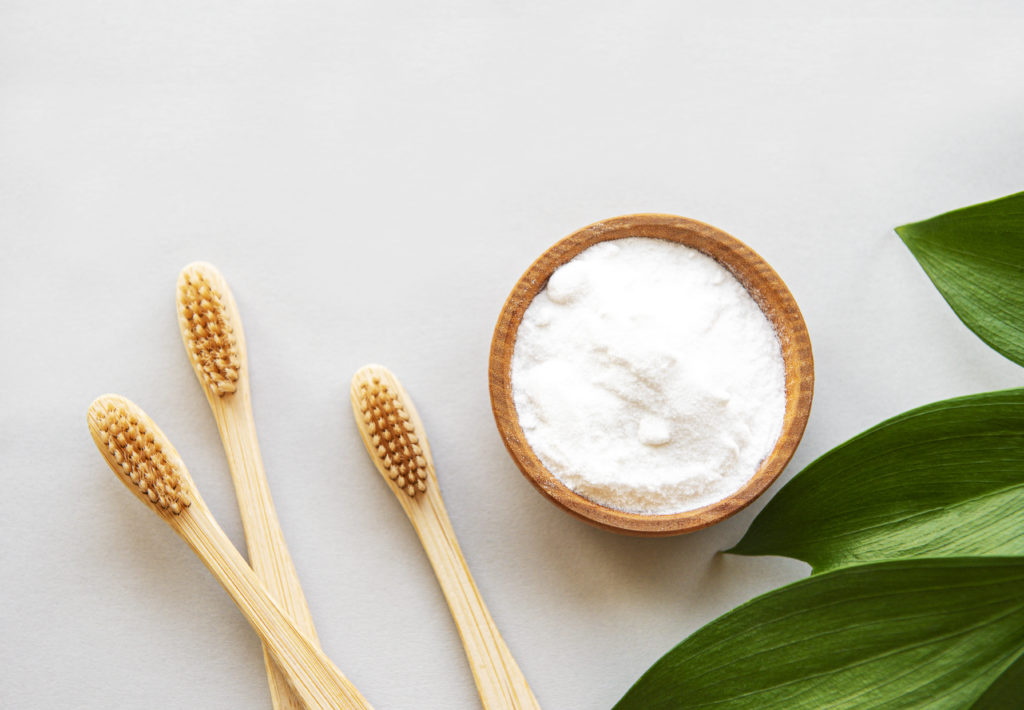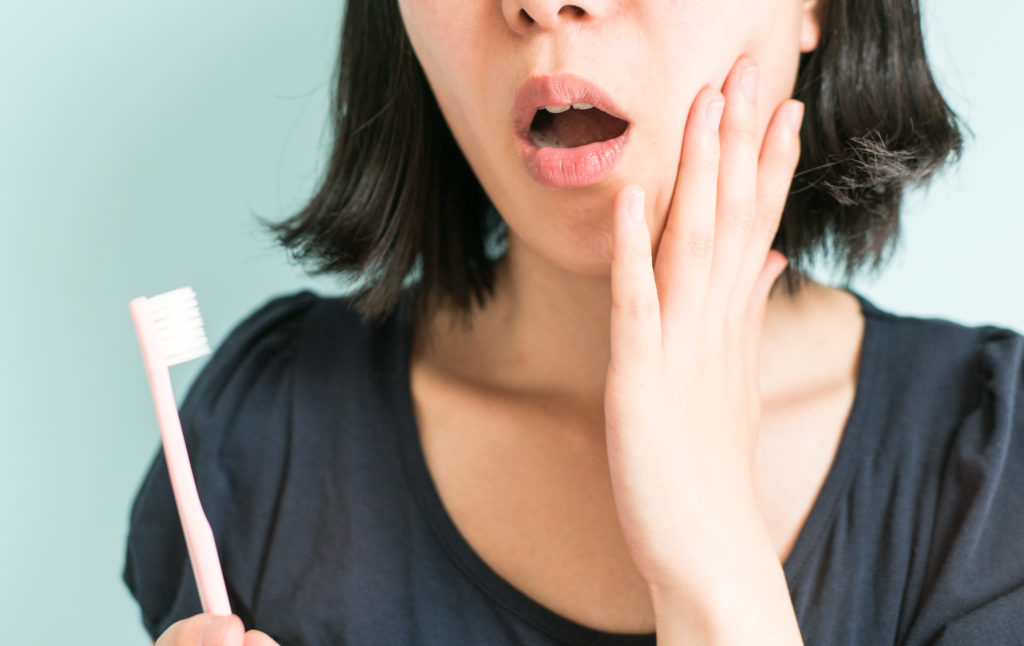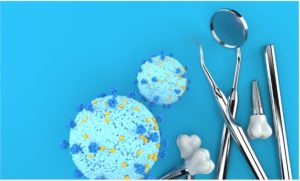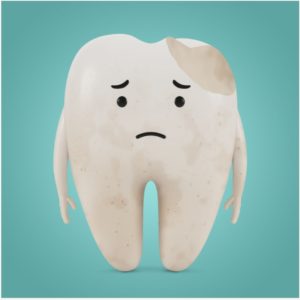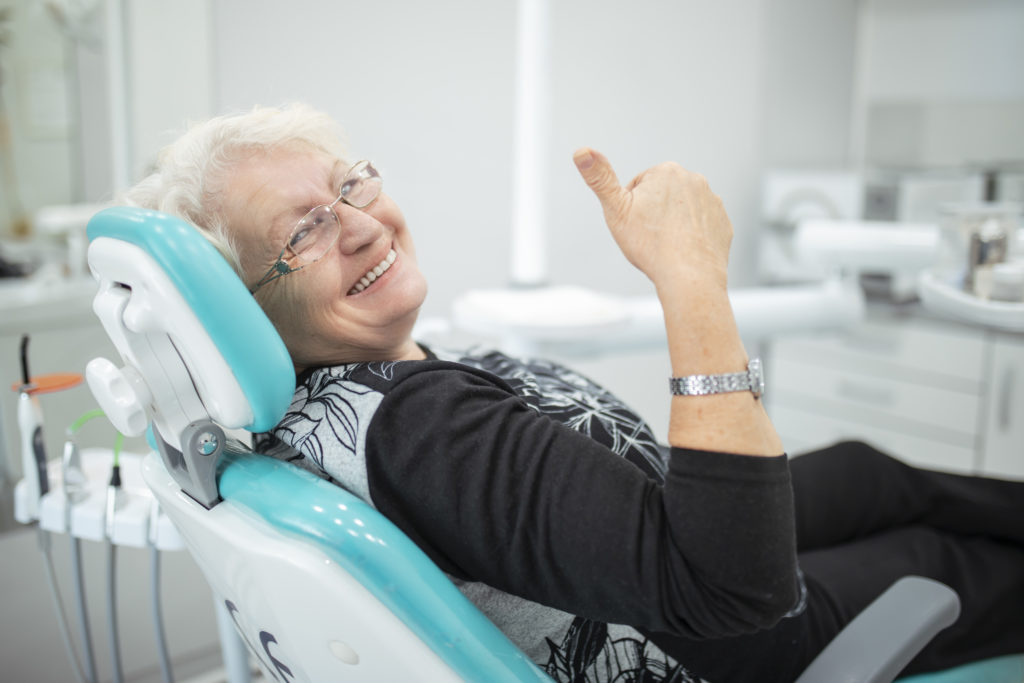
Recent studies have linked periodontal disease, more commonly known as gum disease, and rheumatoid arthritis (RA). Both are inflammatory conditions that prompt the immune system to attack the body. Our Gulfport, MS dental team can teach you more about this connection and how you can protect your oral health if you have been diagnosed with RA.
Rheumatoid arthritis is a painful swelling of joints. Periodontal disease can cause swollen gums, infection and tooth loss. Both are the result of inflammation, which is the body’s natural means of destroying harmful bacteria and viruses.
Periodontal disease is an infection of the tissue that holds your teeth in their place. It is typically caused by poor oral health habits that permit a sticky film called plaque to build up and harden on teeth (known as calculus, or tartar). If this is not removed, infection sets in, ultimately resulting in loose and missing teeth. In this case, the body’s inflammatory response is warranted.
In RA, the body mistakenly activates the immune system against the body’s own joints. This is known as an autoimmune response. The link between arthritis and gum disease suggests that poor oral health may actually prompt the immune system to attack the joints. The scientific journal PLoS Pathogens reports that porphyromonas gingivalis, a bacterium that causes periodontal disease, can cause RA and make it more severe.
While scientists continue to study the links between autoimmune conditions and periodontal disease, they also report positive findings: When RA patients successfully treat gum disease, joint swelling and pain diminish.
If you are among the 1.3 million Americans diagnosed with rheumatoid arthritis, it is important to keep up with your at-home oral care. This includes twice-daily brushing and daily flossing. The conundrum you may face is that arthritis can make accurate brushing and flossing difficult, and this compounds the problem.
- Talk to our dentist in 39503 or an occupational therapist about using a toothbrush with a special handle
- Experiment with different kinds of floss until you find one that is easy to use
- Toothpaste that comes in a pump instead of a tube can be easier for arthritic hands to manage
If you have concerns about your gums and rheumatoid arthritis, our team is happy to help you better manage your oral health. Schedule your next appointment to our Gulfport, MS dental office today.



